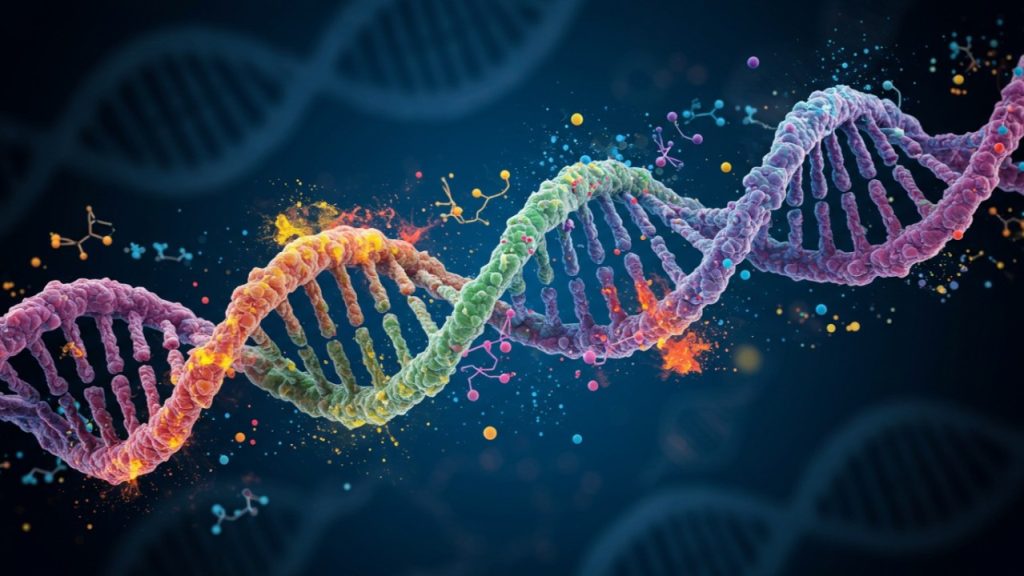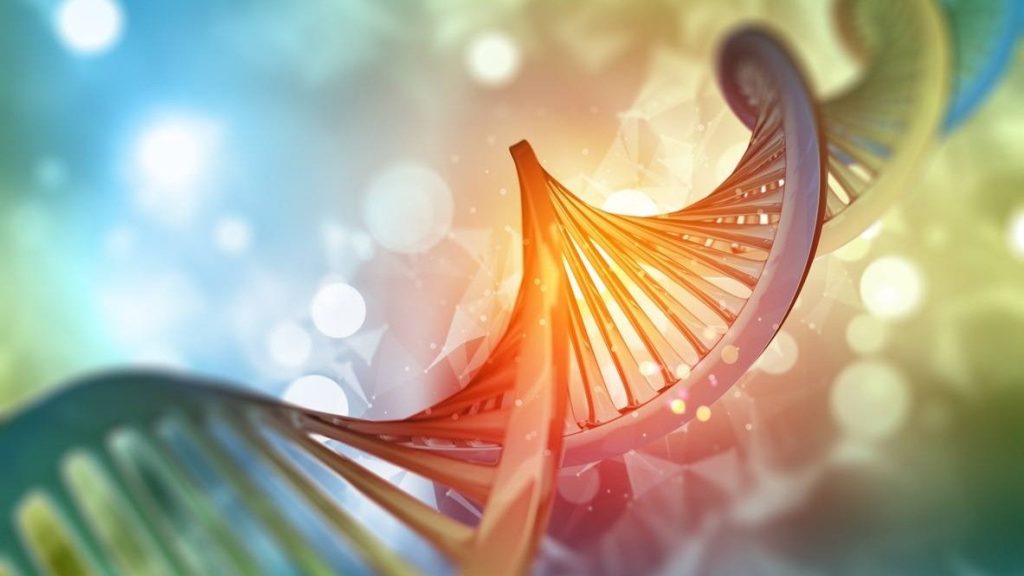Genomics vs Epigenomics: What’s the Difference and Why It Matters
As the field of genomics rapidly evolves, so does our understanding of how genes influence health, development, and disease. But while many are familiar with genomics, fewer may have heard of epigenomics—a field just as crucial in unlocking the secrets of human biology.
At SuperDNA, we believe that empowering people with knowledge is the first step to better health decisions. So let’s break it down.
Genomics: The Blueprint of Life
Genomics is the study of your DNA sequence—the genetic code you inherit from your parents. It looks at the structure, function, and interactions of all your genes, collectively known as the genome.
Think of your genome as a blueprint or instruction manual. It contains about 20,000 genes that determine everything from your eye color to your risk for certain diseases. With genomics, scientists can:
-
Identify inherited genetic disorders
-
Understand your risk for cancers or chronic diseases
-
Personalize treatments based on your genetic profile
This is the power behind genetic testing, which SuperDNA provides through advanced whole genome sequencing.
Epigenomics: The Editor of the Blueprint
If genomics is the blueprint, epigenomics is the editor—determining how, when, and where those genetic instructions are used. Epigenomics studies chemical changes on the DNA (not the sequence itself) that regulate gene activity. These changes can be influenced by:
-
Lifestyle (diet, exercise, stress)
-
Environment (pollution, toxins)
-
Age and other external factors
What makes epigenomics fascinating is that it helps explain:
-
Why identical twins with the same DNA can have different health outcomes
-
How early-life experiences affect long-term health
-
How some diseases may be “switched on” or “off” without changes in the DNA sequence
At SuperDNA, we’re expanding into epigenomic research to explore how modifiable factors can influence your health—opening doors to preventive care and lifestyle-based interventions.
Why It Matters to You
Understanding the difference between genomics and epigenomics allows us to take a more comprehensive approach to health:
-
Genomics helps identify your genetic risks.
-
Epigenomics helps understand how your lifestyle choices can affect those risks.
Together, they offer a powerful roadmap to personalized, predictive, and preventive healthcare.
The Future is Multi-Omics
At SuperDNA, we’re moving beyond just genomics. By combining genomic and epigenomic insights, we’re building a more holistic view of human biology—one that can empower better decisions, earlier interventions, and healthier lives.
Curious about how your DNA and lifestyle interact? Talk to us today about our personalized genomics services and stay tuned as we expand into epigenomic solutions.










